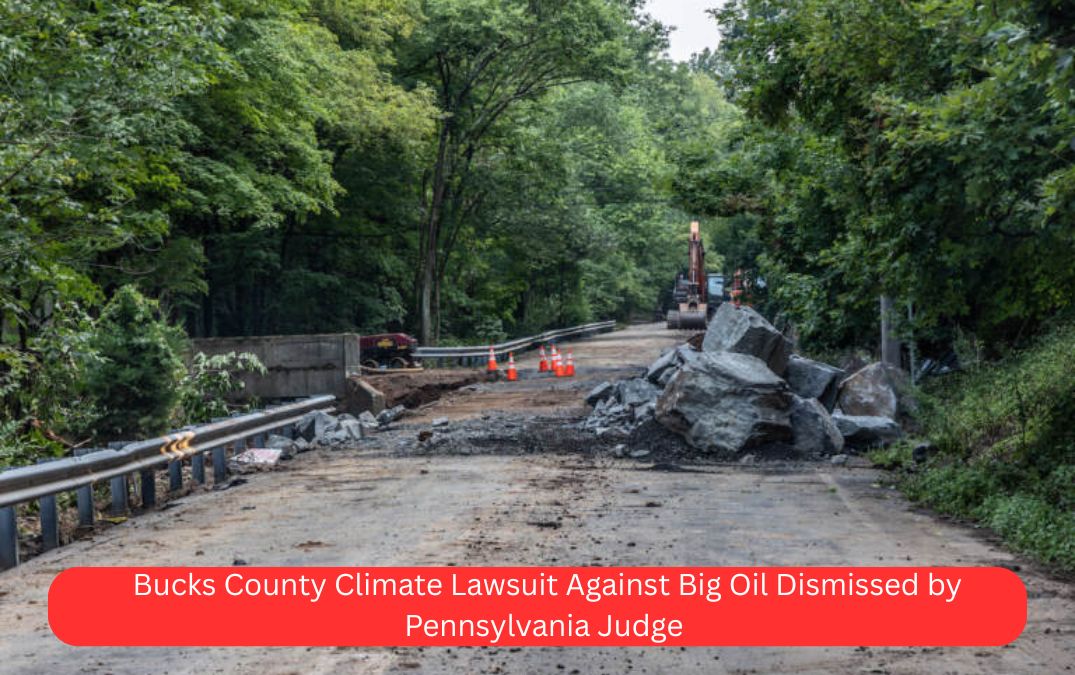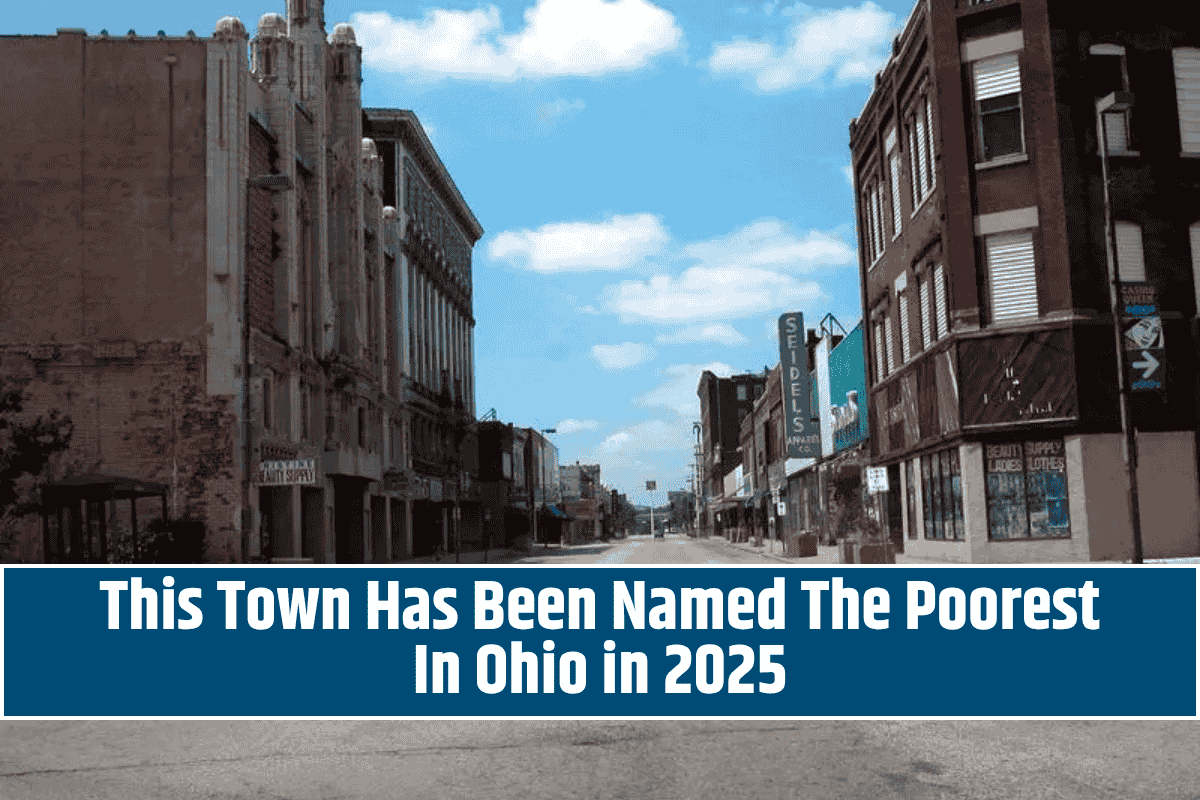Bucks County’s high-profile climate lawsuit aiming to hold major fossil fuel companies financially responsible for local climate change impacts has been dismissed by a Pennsylvania judge.
The court ruled that the county’s claims fall outside the scope of state law, delivering a setback to local governments seeking legal remedies for climate-related damages.
What Happened
In 2023, Bucks County filed a lawsuit against several fossil fuel giants — including Chevron, ExxonMobil, BP, Shell, ConocoPhillips, and Phillips 66 — as well as a petroleum trade group.
The county sought to make these companies contribute to the costs of climate change mitigation efforts, including infrastructure repairs and flood prevention projects.
However, on May 17, 2025, Judge Stephen Corr of the Bucks County Court of Common Pleas dismissed the lawsuit.
Key Details
Judge Corr ruled that the county’s claims were not actionable under Pennsylvania law.
He emphasized that the core issue of the lawsuit — greenhouse gas emissions — is under the jurisdiction of federal law through the Clean Air Act.
“The combustion of fossil fuel products by the citizens of Bucks County, and the County itself, produced greenhouse gas emissions,” Judge Corr wrote. “If there were no emissions, there would be no damages.”
Corr also noted that similar lawsuits in New Jersey and Baltimore were dismissed, while others in states like Vermont and cities like Washington, D.C., have been allowed to proceed.
Reactions or Statements
Chevron attorney Ted Boutrous praised the decision, stating the court “got it right.”
“Climate change is a global policy issue, not something to be litigated piecemeal in state courts,” Boutrous said.
Bucks County officials have not yet indicated whether they will appeal the ruling.
A spokesperson for the county said they are “reviewing the decision” and declined further comment.
Investigation or What’s Next
The ruling raises questions about where — and whether — local governments can sue fossil fuel companies over climate-related damages.
Experts like Columbia Law School’s Michael Gerrard pointed out that similar lawsuits have seen mixed outcomes across the U.S.
“If the state courts don’t have jurisdiction, then nobody does,” Gerrard said, emphasizing the legal gray area surrounding these types of claims.
An appeal by Bucks County could test the limits of state court jurisdiction in climate litigation.
FAQs
Why did Bucks County sue fossil fuel companies?
The county sought compensation for climate-related infrastructure damage and mitigation costs caused by fossil fuel emissions.
What did the judge say about the lawsuit?
Judge Corr ruled that the claims involve emissions regulation, which falls under federal — not state — jurisdiction.
Are similar lawsuits happening elsewhere?
Yes, numerous local and state governments across the U.S. have filed similar lawsuits, with mixed legal outcomes.
Will Bucks County appeal the decision?
As of now, the county is reviewing the ruling and has not confirmed whether it will appeal.
Why is this ruling significant?
It adds to a growing divide in U.S. courts over whether climate lawsuits can proceed at the state level.
Summary / Final Takeaway
The dismissal of Bucks County’s climate lawsuit against major oil companies underscores the legal complexities of holding corporations accountable for environmental damage.
As climate-related litigation continues across the U.S., this case may serve as a benchmark for how future lawsuits are evaluated under both state and federal law.












